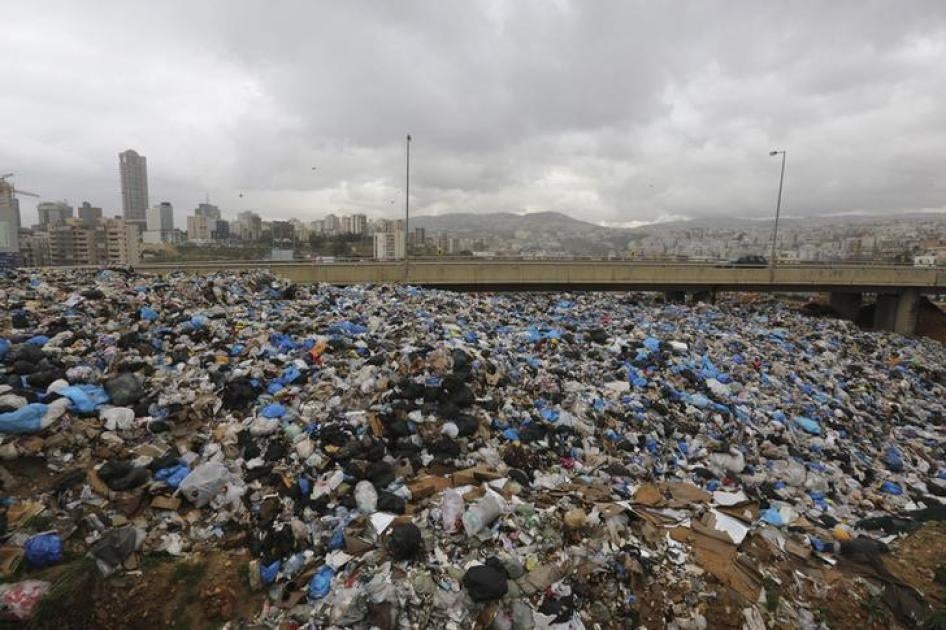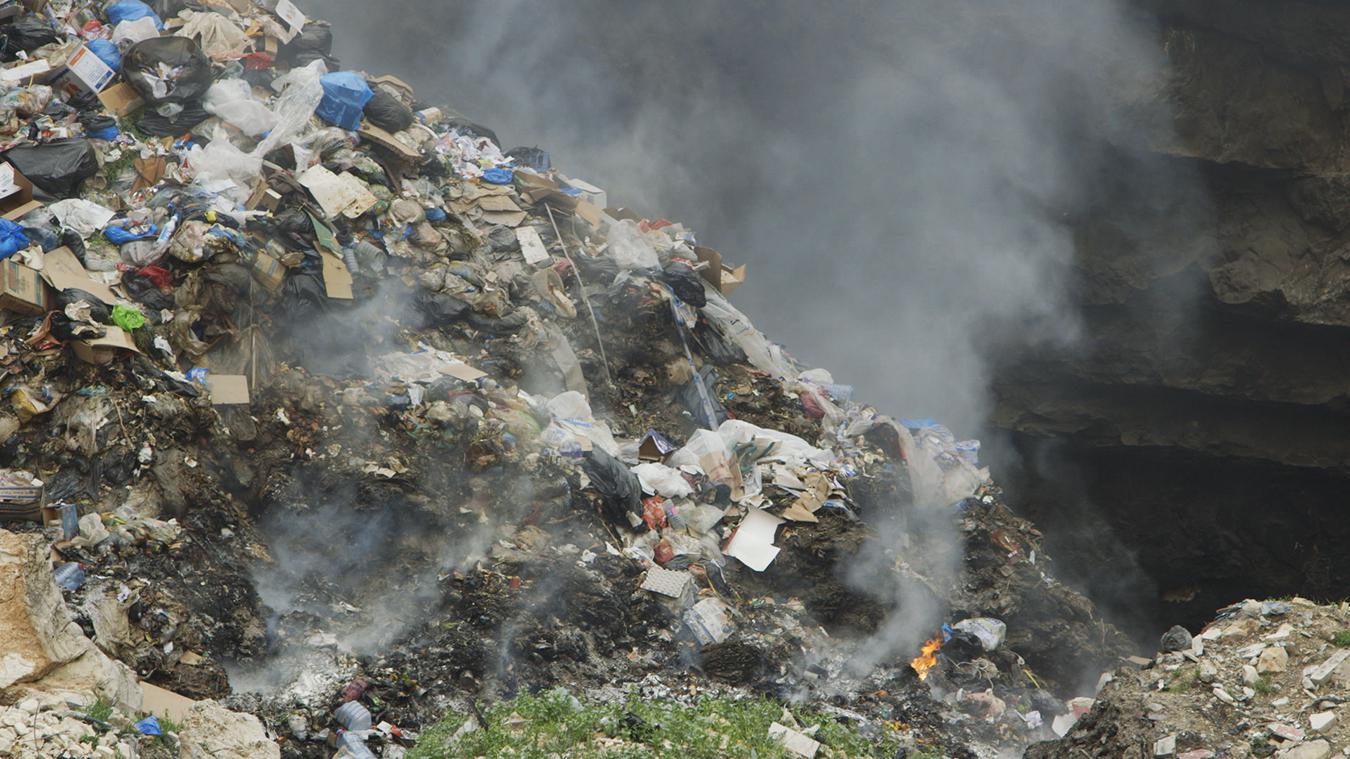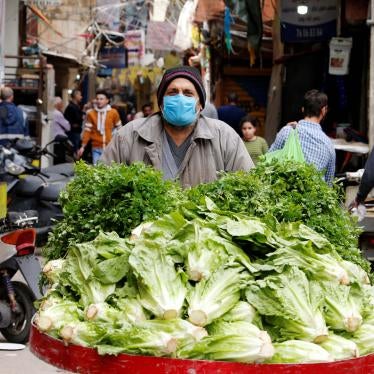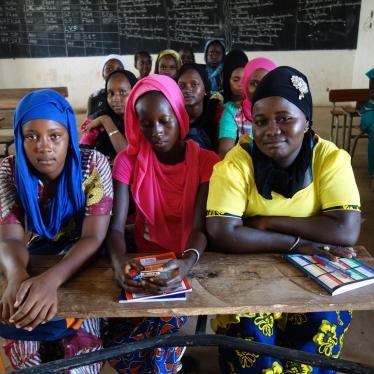Lebanon is once again staring down a waste management crisis, with news that the Costa Brava and Bourj Hamoud landfills will reach capacity in 2018—two years before the government’s initial estimate of 2020. In response, the cabinet is reportedly considering a proposal to reopen the infamous Naameh landfill, whose closure in 2015 sparked a crisis that left garbage piling up in the streets of Beirut.
The government’s solution to that crisis was a temporary fix, adopted in March 2016, to dump waste from Beirut and Mount Lebanon in two new coastal landfills, in Bourj Hammoud and Costa Brava. Now that these landfills are filling up faster than expected, the government is discussing yet another emergency solution.
The government never solved the waste management problem—it just pushed the garbage out of sight. The 2016 fix was just another short-term emergency measure, the latest in a string of emergency plans adopted after the end of the civil war in 1990.
The new landfills have been plagued by controversy and lawsuits since their inception. The Environment Ministry said that neither landfill had an environmental impact assessment, so it remains unclear what impact they will have on the local environment, and on people living nearby. Garbage at the Costa Brava site, located near the airport, attracted birds that became a threat to planes and hence public safety. At the Bourj Hammoud dump, videos have shown trucks dumping garbage directly into the sea, and local fishermen have protested the amount of garbage they are now catching in their nets.
Meanwhile, outside of Beirut and Mount Lebanon, the situation is even worse, but gets far less attention.
Lebanon’s garbage crisis didn’t really start in 2015—that’s just the year it reached Beirut and Mount Lebanon, the wealthier parts of the country.
Lebanon has never had a comprehensive waste management system that covers the entire country. While the central government contracted the companies Sukleen and Sukomi to manage solid waste for most of Beirut and Mount Lebanon under a 1997 emergency plan, municipalities in the rest of the country have been left largely to their own devices, without the resources or expertise to adequately manage their waste.
As a result, hundreds of open dumps have sprung up across Lebanon, many of which are being burned on a regular basis. But burning is not just a nuisance. It triggers Lebanon’s obligations under international law.
The right to health implications of this open burning of waste are the subject of a forthcoming Human Rights Watch report. Over the course of research, I’ve spoken with families who live close to open dumps that burned continuously for years. Many told me they have respiratory illnesses, that the smoke has at times driven them from their homes, and that they live in constant fear of the long-term health impact on them and their children. Doctors treating these residents said they believed burning was causing respiratory illnesses and that it could take years for the long-term effects to become clear—including, for example on the incidence of cancer. Meanwhile, researchers at the American University of Beirut found that burning waste during the 2015 crisis released dangerous particles in Beirut and Mount Lebanon, with potentially severe health effects.
The garbage crisis and burning of waste are symptoms of the larger problem in Lebanon—a failure for decades to develop and carry out a long term national waste management plan that is based on public health principles and environmentally sound.
It is well past time for Lebanon to move past these temporary emergency plans that only cover part of the country and simply push the problem down the road. With parliamentary elections coming up in 2018, Lebanon’s citizens should demand real plans and real solutions.
Fortunately, unlike some of the other challenges in Lebanon, there are clear solutions to waste management. About 90 percent Lebanon’s solid waste is made up of materials that could be composted or recycled. But only about 8 percent is being recycled and 15 percent composted. The rest is being landfilled, dumped, or burned. Yet the government has not even taken the basic step of providing a convenient recycling option in Beirut.
Researchers have already put together proposals for what a sustainable solid waste management plan, informed by public health principles, might look like. And environmental organizations such as Cedar Environmental and Terre Liban have already shown that it is possible to apply sustainable waste management practices in Lebanon. But the government has so far seemed incapable of adopting and carrying out a cohesive solution to this.
With yet another crisis looming, the government urgently needs to end this reliance on short-term emergency plans. It should finally adopt a sustainable solution that respects the health and environmental rights of its citizens.











